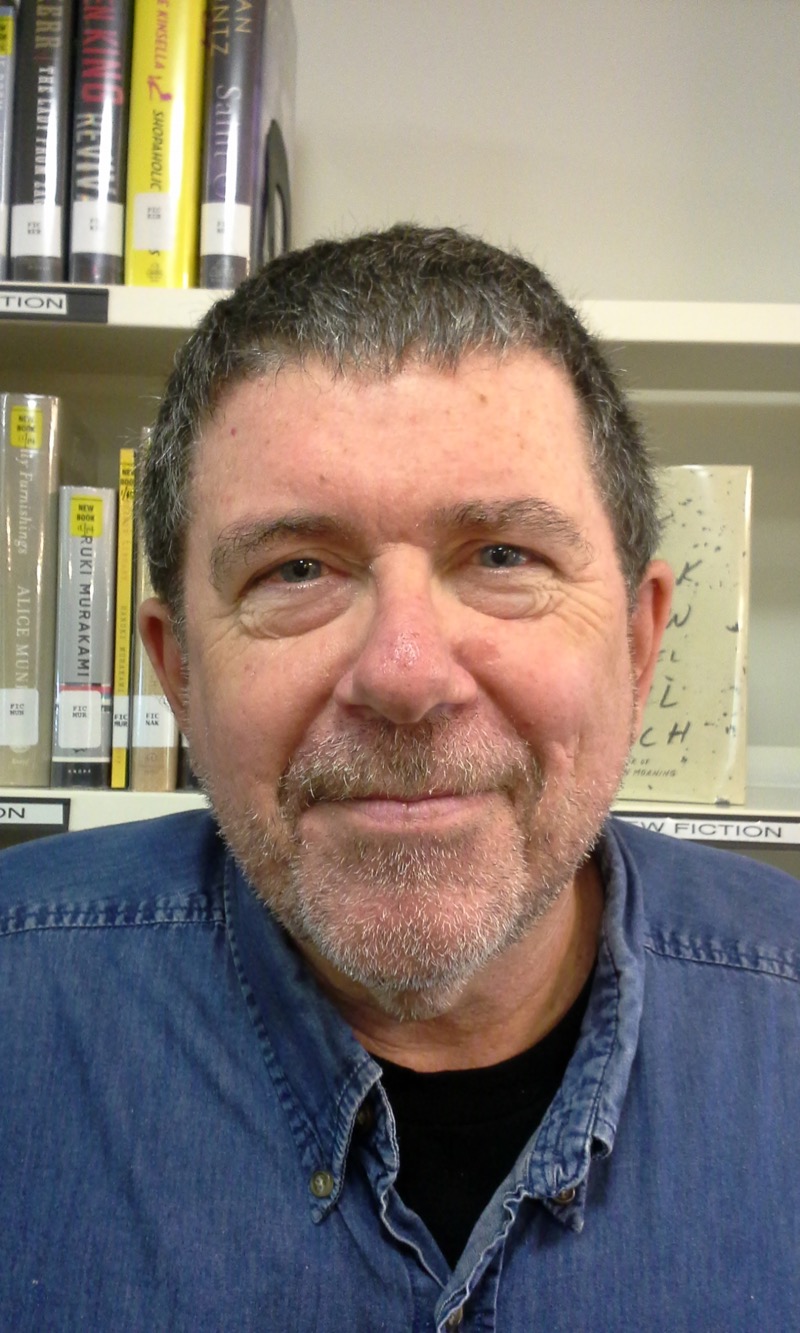
Author Tom Clavin, who has lived in the Sag Harbor area since 1982, worked as manager editor of The East Hampton Star and editor of The Independent, covered the region for the New York Times Long Island section, and written a column that has appeared in The Southampton Press for decades, recently published his 18th book, “Wild Bill: The True Story of the American Frontier’s First Gunfighter,” about Wild Bill Hickok. He talked about it at the John Jermain Memorial Library last week. Headed off on a book tour later this month, he’ll be speaking about locally again this spring.
Tell me your life story.
I was born in the Bronx and when I turned eight my family moved out to Long Island, a community called Deer Park. That’s where I grew up and graduated from high school. I did go to college. I went to several of them. I was 40 when I got the master's. I had been teaching, adjunct teaching at Suffolk Community, and it seemed there were a couple of opportunities to be a full-time professor and I was thinking seriously about that when two things were happening at the same time. My first book was being published and I signed aboard The Independent. Even though I continued to teach as an adjunct for years afterwards, I never ended up going any further in that direction.
When did you turn to book writing full-time?
It was a combination of starting to get traction as a book writer from some early collaborations I had done and getting fired in 2003. I had to sink or swim as a freelance writer. Jerry Della Femina had become the majority owner of The Independent. He had the idea of using the paper as a vehicle for his own political views and he had certain ideas how the newspaper should be run. I didn't agree with them.
What was your first book?
“Raising the Rainbow Generation,” which came out in 1993, and it was with a husband and wife, both psychologists. We did three books together on similar themes of child raising and raising children in a world that was becoming more multi-cultural and diverse.
How did you come with Wild Bill as a topic?
I didn't it. It was not my idea. My book, “Dodge City: Wyatt Earp, Bat Masterson, and the Wickedest Town in the American West” had come out, and boom it was a bestseller. My editor/agent said “Dodge City” is doing so well, would you consider putting the book you're working on aside for now and let's think of another iconic figure from the American West who’s worthy of being written about in a book? We started discussing Wild Bill Hickok. I said let me check and see if anything's been done recently. The last biography of him for a mainstream audience came out in 1964. So I said I was willing to go in that direction.
How do you do your research?
The first thing I like to do is sort of throw a lasso and get what else has been done. Some of it turns out to be reliable. Maybe at the end of the day you end up with a gold nugget or two that's worth keeping. I was really determined with “Dodge City” this was not going to be a book that was just repeating the legends and the fabrications and exaggerations; and Hickok had an amazing life based on true events and true accounts. I didn’t have to depend on the legend stuff, a lot of which turns out not to be true.
How do you know what’s true?
I go back to the contemporaneous sources as much as possible. When I was working on “Dodge City,” thankfully there were 12 newspapers that covered Dodge City in the 1870s, the Ford County Globe and the Dodge City Times. There's a story people think I made up in the Hickok book where he umpired a baseball game. Baseball was a rage after the Civil War in Kansas City and you can find the article about what took place in that game: Bill Hickok with a gun on each hip was the umpire and nobody questioned his calls.